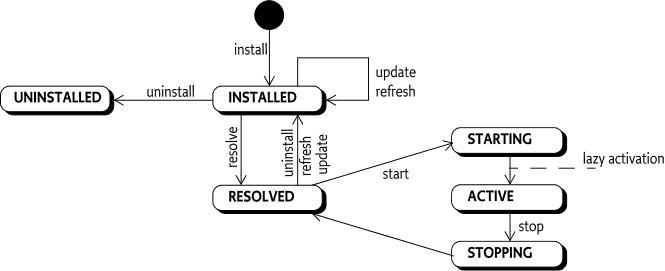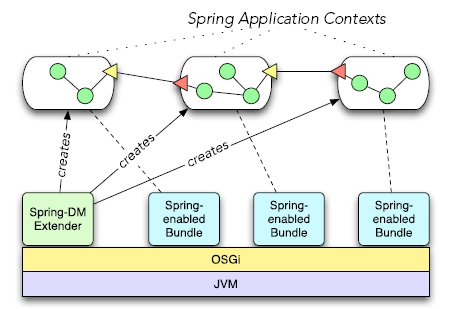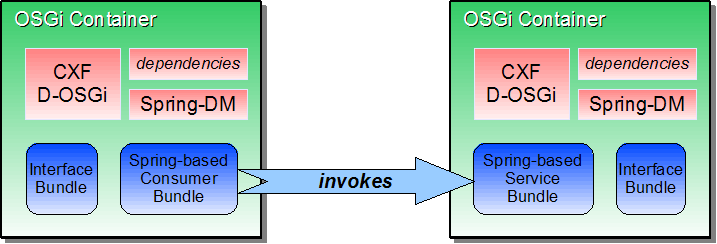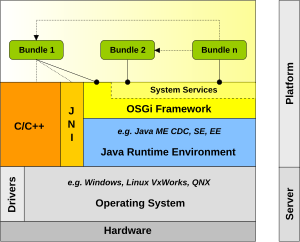Roads & PavementRoads & Pavement
Barefoot
Minimal
Low
Medium
High
Maximal
All around running shoes offer comfort and cushioning for daily runs, jogs, walks, and long mileage. They offer enough versatility for both faster and slower runs and are a great option for those who want one running shoe to do it all.
Fast run or uptempo running shoes are lightweight and responsive. They offer streamlined designs that have minimal uppers and offer a high level of energy return. These shoes are a great option for faster runs in the week or those looking for a livelier experience.
Max Cushion shoes offer premium cushioning with ample ground protection and a stable ride. These types of shoes provide abundant impact protection that softens landings while running at any pace or distance. These types of shoes are best for slower recovery runs and easy days where comfort takes priority.
Racing shoes are designed with optimal performance in mind. These types of shoes have snug-fitting uppers, energetic midsole foams, and features implemented for maximum efficiency. These types of shoes are best for runners looking to gain the ultimate advantage in races but may sacrifice some durability and comfort.
Gym Workout shoes offer a stable and versatile ride. They have a firmer underfoot feeling that provides stability for lateral movements with comfortable uppers. These types of shoes are best for trips to the gyms, cross training, casual wear, and light running. Chapter 1. Modular development with Spring and OSGi Spring
Road running shoes feature smooth outsoles that are designed for running on paved surfaces such as roads, sidewalks, and bike paths.
Designed to handle most trail runs, these shoes prioritize comfort and a smooth ride. These shoes are great for anything from smooth singletrack, park trails, and fireroads making them ideal for those who run from their doorstep on streets before hitting the trail.
These shoes are best used for hard, rugged trails such as shale, granite or sandstone where grip on smooth surfaces and underfoot protection are important.
Designed for use in muddy, soggy conditions, these shoes feature very aggressive outsoles that dig deep into soft ground for exceptional traction.
These shoes feature technical outsoles designed to grip snowy and icy trails making them ideal for winter trail running.
Cushioning level, or stack height, refers to how much shoe is between your foot and the ground. For this category, we reference the amount of cushioning below the forefoot as the heel height will be equal to or greater than the forefoot height.
Getting Started with Spring DM DZone Refcardz
0-13mm. The Shoe generally does not have a midsole and feels like there is no cushioning. This shoe is all about feeling the ground underfoot.
14-18mm. The shoe has a thin midsole that allows for a natural running experience. Racing shoes and minimalist shoes are common here. These shoes offer a feeling of being connected to the road or trail.
19-23mm. The shoe has a slightly cushioned feel and may feature added cushioning technologies. Performance training shoes and some trail shoes are common here. These offer protection during footstrike but prioritize a lightweight, grounded experience.
24-28mm. These shoes have a stack height that fall near the middle of the spectrum.The shoes in this category are verstaile and great for all types of runs and distances.
29-34mm. The shoe has a thick midsole and ample cushioning. These shoes are highly protective and absorb more impact than the body.
35mm plus. The shoe has an extremely thick midsole and extra cushioning. The focus is on protection and soft foam underfoot with hardly any ground feel.
Neutral shoes support the foot through a normal range of arch collapse and generally do not have a built-in technology to correct movement.
Stability shoes are a great option for those who overpronate or need added support. These shoes help to limit the inward rolling motion of the ankle while running or walking and assist in guiding the foot straight through the gait cycle. Chapter 3. Getting started with Spring DM Spring Dynamic Modules
Product Details:
Getting Started With Spring DM DZone Refcardz PDF Computer sale, Using Apache Karaf Framework to build Microservices sale, Maven and OSGi for Application Lifecycle Management sale, Using Spring with ECF Remote Services Eclipsepedia sale, Spring and OSGi Combined with Spring Dynamic Modules sale, Spring OSGi sale, Modular Java Creating Flexible Applications with OSGI and Spring sale, GitHub jborozan springboot wrapper demo Demo of Springboot OSGI sale, OSGi Spring sale, java BundleActivator cannot be resolved to a type while using sale, OSGi with the Spring Framework PPT sale, Jahia OSGi architecture sale, What is the difference between Open Services Gateway Initiative sale, Connect OSGi and Spring YouTube sale, In Pieces Breaking down monolithic applications with Spring DM and sale, OSGi enabled WebApp Component sale, OSGi vs Spring Boot What are the differences sale, WebLogic Event Server Spring Tag Reference sale, How to add Spring and Hibernate jars to OSGi project Stack Overflow sale, Spring OSGi sale, AEM Integration with Spring TO THE NEW Blog sale, GitHub JBouguima osgi spring data Use Spring Data as a feature sale, Chapter 5. Working with OSGi services Spring Dynamic Modules in sale, PPT OSGi Declarative Services versus Spring Dynamic Modules sale, GitHub kurtharriger spring osgi Clone from https src sale, OSGi with the Spring Framework PPT sale, Pro Spring Dynamic Modules for OSGi Service Platforms von Daniel sale, Spring Dynamic Modules for OSGi by Example Martin Lippert sale, Getting Started with Spring DM DZone Refcardz sale, Confluence Mobile Apache Software Foundation sale, Modular Java Creating Flexible Applications with OSGI and Spring sale, Chapter 5. Bundles and Application Contexts sale, Let s play with OSGi Spring and Maven part 1 Java crumbs sale, Learning Karaf Cellar sale, Microservices OSGi Better together YouTube sale, OSGi Wikipedia sale, Apache CXF DOSGi Spring DM Demo page sale, Chapter 3. Getting started with Spring DM Spring Dynamic Modules sale, Getting Started with Spring DM DZone Refcardz sale, Chapter 1. Modular development with Spring and OSGi Spring sale, Spring Boot with OSGi. We know enterprise applications like by sale, TechWorld Spring and OSGi sale, TechWorld Spring and OSGi sale, Chapter 6. OSGi and Spring DM for enterprise applications Spring sale, OSGi vs Spring Boot What are the differences sale, Spring Boot with OSGi. We know enterprise applications like by sale, Chapter 5. Bundles and Application Contexts sale, Chapter 1. Modular development with Spring and OSGi Spring sale, Chapter 1. Modular development with Spring and OSGi Spring sale, Chapter 6. Packaging and Deploying Spring based OSGi applications sale, Product Info:
Spring and osgi sale.
- Increased inherent stability
- Smooth transitions
- All day comfort
Model Number: SKU#7401209





